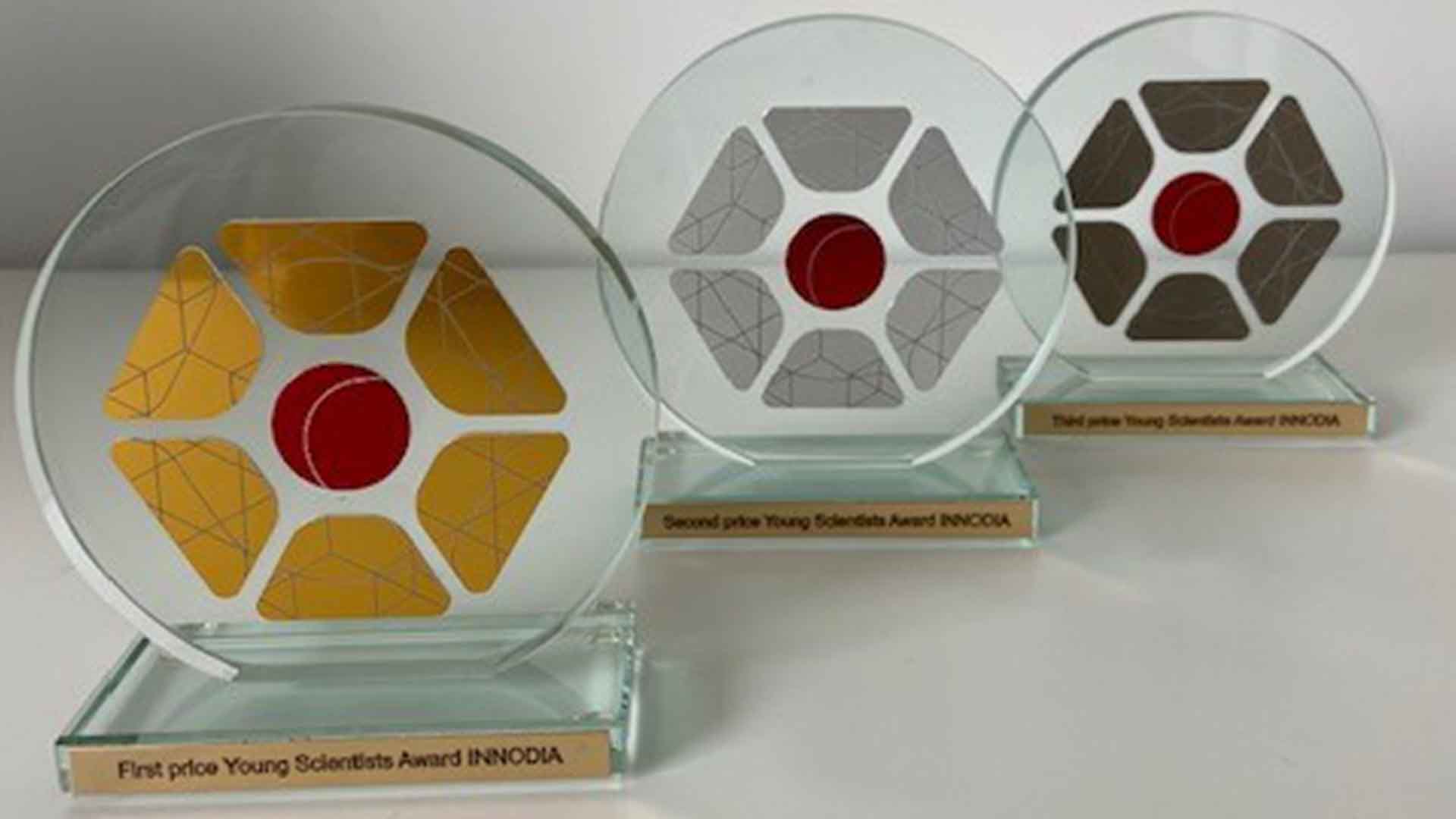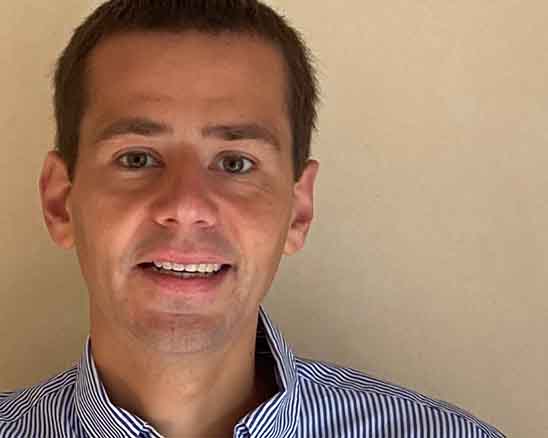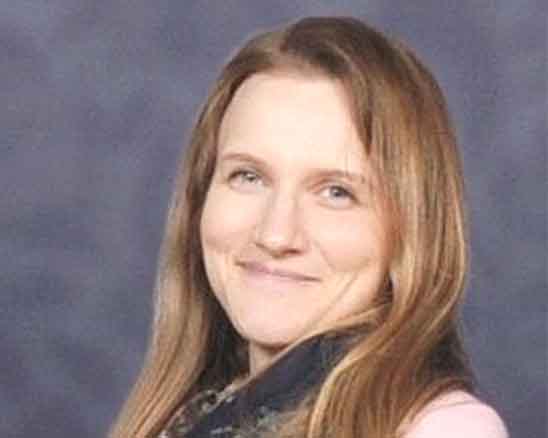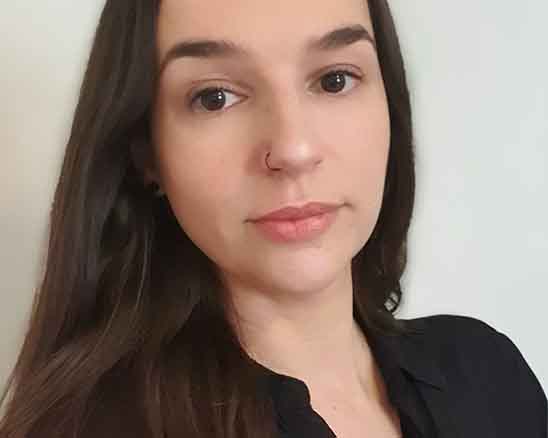Winners INNODIA / INNODIA HARVEST Young Scientists Award
01. October 2021
Earlier this year, INNODIA/INNODIA HARVEST decided to launch a Young Scientists Award.
With this competition, INNODIA aims at rewarding young scientists at an early stage of their careers and to recognise those who have demonstrated excellence in INNODIA-related research.
A further objective of the award is to encourage starting scientists to showcase their work and to name the challenges they face in diabetes research. Considering the difficult circumstances over the past 2 years, it is crucial that we provide them with extra support as they begin their scientific careers.
The award contest was open to all scientists working in INNODIA-INNODIA HARVEST from all over Europe under the age of 40. They were asked to explain the work they do at INNODIA in a one minute video.
The jury consisted of the patient advisory committee members, who reviewed and quoted different categories of the submitted materials:
- Comprehension for lay people
- Topic content interest
- Quality of presentation
- Visual content
- Show INNODIA potential
- Show evolution of the research inside INNODIA
One of the most important requirements was the ability to clarify their performances in lay language. This way, the much appreciated participants in the project can be kept informed about the ongoing progress in diabetes research in general and in INNODIA/INNODIA HARVEST in particular.


Pieter-Jan Martens
FIRST WINNER - GOLD
"Combining knowledge and resources leads to synergy”
I work as a PhD student at the laboratory of prof. dr. Chantal Mathieu at the KU Leuven in Belgium.
I completed my studies in Medicine in 2017 and chose Internal Medicine as specialization. Here I had the opportunity to meet prof. dr. Chantal Mathieu and become inspired by her passion to find a cure for type 1 diabetes. I was grateful and excited when I had the chance to start working as a PhD student in her team. My work is focused on the prevention and/or curation of type 1 diabetes by immune interventions in mice. In type 1 diabetes, it is the own defense system (also called the immune system) that attacks the insulin producing cells in the pancreas (also called the beta cells). In the laboratory of prof. dr. Chantal Mathieu, we use promising, new therapies to try to avert this harmful attack caused by the own defense system. I work specifically in mice that are genetically highly prone to develop type 1 diabetes in a similar disease mechanism as seen in humans. One of our main research projects within INNODIA is the combination of verapamil and ATG in mice that have recently developed type 1 diabetes. In this project, we build further upon two clinical trials, currently running within INNODIA: the VER-A-T1D trial and the MELD-ATG trial. The VER-A-T1D trial is based on the recent findings that a well-known antihypertensive drug, verapamil, has been shown to protect the insulin producing cells in the pancreas. In the MELD-ATG trial, the drug ATG (Anti Thymocyte Globulin) is used to avert the harmful attack caused by the own defense systems. As these both approaches work in a different way, we hoped that the result would not just be the sum of both monotherapies, but that the combination would have a synergistic effect. In mice that have recently developed type 1 diabetes, we saw that the combination of both therapies is both safe and 3-4 times more effective than either of the monotherapies. We are very excited about these results as it implies that there must be a synergistic effect and we are currently investigating the exact mechanism of action. I believe our research on combination therapy is like we see happening in INNODIA, were the combination of knowledge and resources also leads to synergy in the pursue of finding a cure for type 1 diabetes.

Jessica Hill
SECOND WINNER - SILVER
‘’Analysing the messages sent between the pancreas and the immune system prior to clinical diagnosis can inform therapeutic strategies in T1D research’’
I have been working with Prof. Sarah Richardson and Prof. Noel Morgan at the University of Exeter to better understand the crosstalk between the pancreas and the immune system. With access to the Exeter Archival Diabetes Biobank, an invaluable resource in T1D research, I have been working to identify proteins that correlate with levels of inflammation within T1D individuals across a range of different ages. I have taken this work further by identifying and isolating extracellular vesicles (EV) released from pancreatic cells in vitro, to analyse which proteins they carry that function to delay and halt an immune assault. I find this work incredibly interesting because this type of EV biomarker (i.e. liquid biopsy) is currently being used to identify early signs of cancer and I have been working to translate this knowledge into T1D research. I hope my research can contribute to the wider field by expanding our knowledge of how the pancreas can defend itself against the immune attack, and how we might be able to take on the role of ‘postal carriers’ by intercepting messages from the pancreas that will tell us when the immune system becomes active before clinical diagnosis.

Gisele Silva Boos
THIRD WINNER - BRONZE
‘’I am Gisele Silva Boos and I was born in Brazil. I have moved to Germany for my PhD in 2014 and have been working at the Helmholtz Zentrum Munich for the last 6 months as a PostDoctoral Researcher. It has been a challenging time but I am enjoying it (a lot) since day 1! ’’
Type 1 diabetes (T1D) is a complex and heterogeneous disease that develops when the cells that produce insulin, called beta cells, are lost. This leads to the lifelong need for exogeneous insulin and the loss of life expectancy. It is known that genetic background, environmental factors, and the immune system play a key role in the disease. Alterations in the composition and diversity of the microbial populations in the gut have been observed in individuals who go on to develop T1D. Reduced integrity of the gut barrier is also observed in pre- and recently-diagnosed diabetic individuals. We propose that the underlying genetic predisposition to T1D promotes the disruption of immune tolerance. This might lead to the dysregulation of the mucosal barrier in the gut and the development of antigen-specific cells with potential to kill beta cells. We aim to test these hypotheses by assessing whether the gut associated lymphoid tissue (GALT) is abnormal in T1D and whether the immune cell repertoire and T cell specificities present in the gut are similar to those found in the pancreas. This will open new opportunities for therapeutic intervention by nutritional and/or pharmacological means, as well as for the development of therapies that target antigen-specific cells aimed at re-educating the immune system and stopping the attack to beta cells.